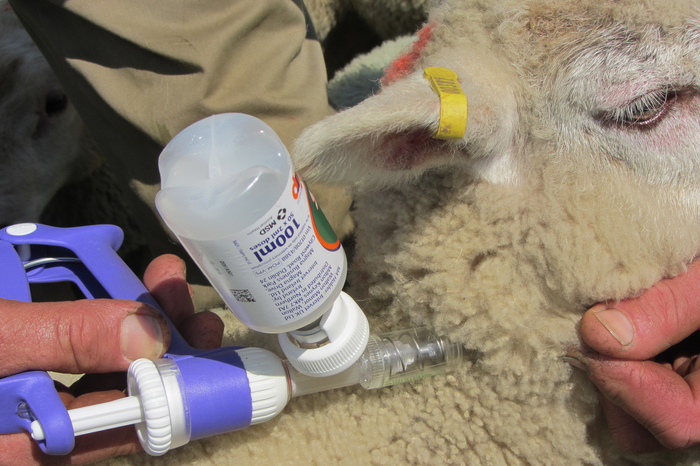Scientists, vets, animal health trade SQPs and vaccine manufacturers must all improve communication with sheep and cattle farmers to help the livestock industry improve disease control; particularly so with the need to reduce antibiotic use, according to recent research.
That was the key message coming out of a Moredun Sheep and Cattle Health and Welfare Day held last month. The event was organised in Shropshire by Harper Adams University and attended by over 90 vets, SQPs, farmers and other industry stakeholders.
“Many of the excellent vaccines, diagnostic tests and disease control strategies employed on UK livestock farms were developed at Moredun. Its scientists have developed some brilliant animations to explain the features of some of our most problematic endemic diseases and this collaborative knowledge transfer day was a great opportunity for attendees to gain a better understanding of these key animal health issues. However, consistent and effective communication with farmers more widely, regarding best practice disease management approaches – and the value of proven vaccines, for example – remains a significant challenge,” said event organiser Kate Phillips from Harper Adams.
The meeting included a mix of presentations from five Moredun scientists, three researchers from Harper Adams University and a speaker from MSD Animal Health, as well as an opportunity to engage with practical demonstrations and videos covering control of diseases such as sheep scab, liver fluke, Toxoplasma and Neospora abortion, and cryptosporidiosis in calves.
Social scientist and vet Dr Philip Robinson from Harper Adams University highlighted the crucial importance of understanding farmers’ perspectives on disease control, in order to communicate more effectively.
“George Bernard Shaw once said that the single biggest problem with communication is the illusion that it has taken place. Wherever livestock are farmed, there are people looking after them – often with different views on what is sound disease management practice. To get the ‘best practice’ message across we have to find more effective ways of communicating if we are to change what is quite often entrenched behaviour on some issues,” he said.
For example, Stephanie Small, a veterinary adviser with MSD Animal Health, explained the challenge of communicating the various factors determining the success of a vaccination regime on farm.
“There are a number of animal and environmental factors that influence the quality of immune response stimulated by a vaccine. This may explain the low market penetration rates for some very useful vaccines, which should be much higher,” she said.
“Factors such as age, physiological status, stress and even the weather can all affect the animal’s ability to respond to a vaccine. It is important for farmers to understand that vaccines are not ‘magic bullets’, but they have been proven to be highly effective disease management tools in combination with correct administration and good animal husbandry.
“For vaccines to work well they must be stored and administered as intended. The product datasheet clearly sets out in detail how a vaccine should be kept before use – in a well-maintained, fully functioning fridge, for example – and how it should be administered to the animal correctly. But how often are these instructions read carefully and then followed to the letter?
“Frequently, the industry assumes vaccines are being used properly, but quite often they are not. Mistakes are not being made through bloody-mindedness; invariably it’s simply because of a lack of understanding of the myriad of other factors that will affect vaccine efficacy – something more effective and practical communication would address,” Ms Small said.


